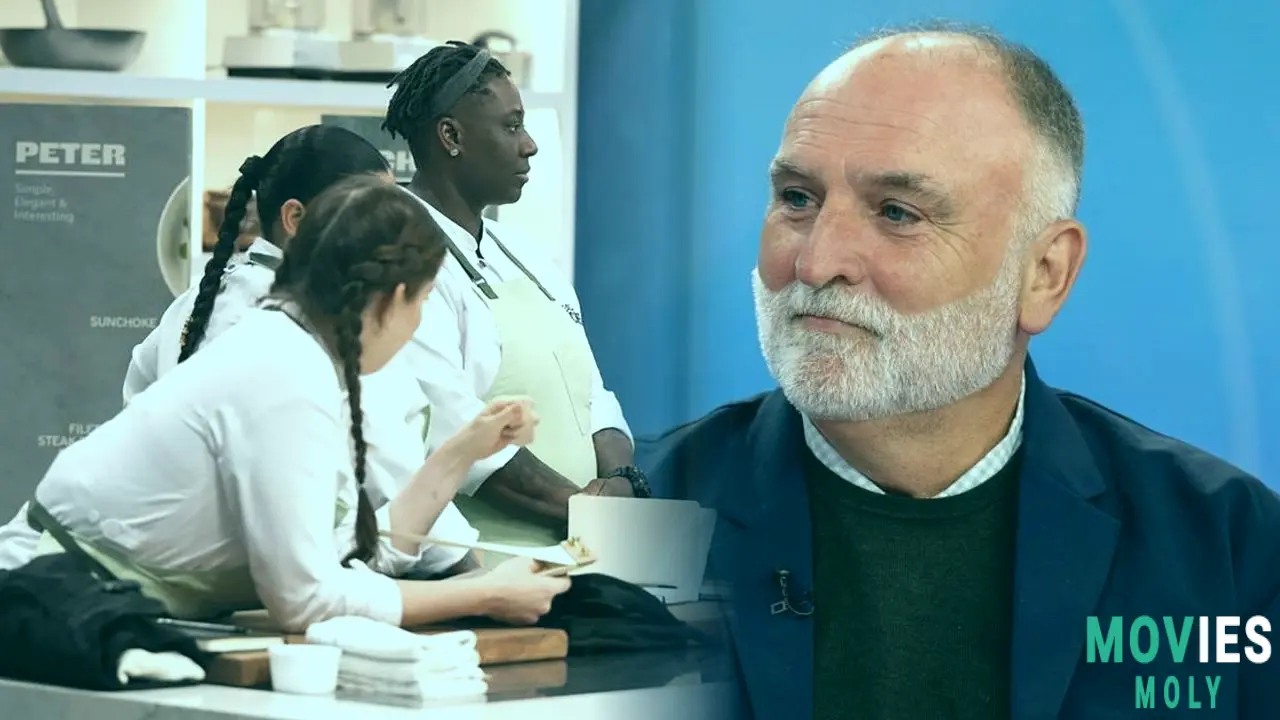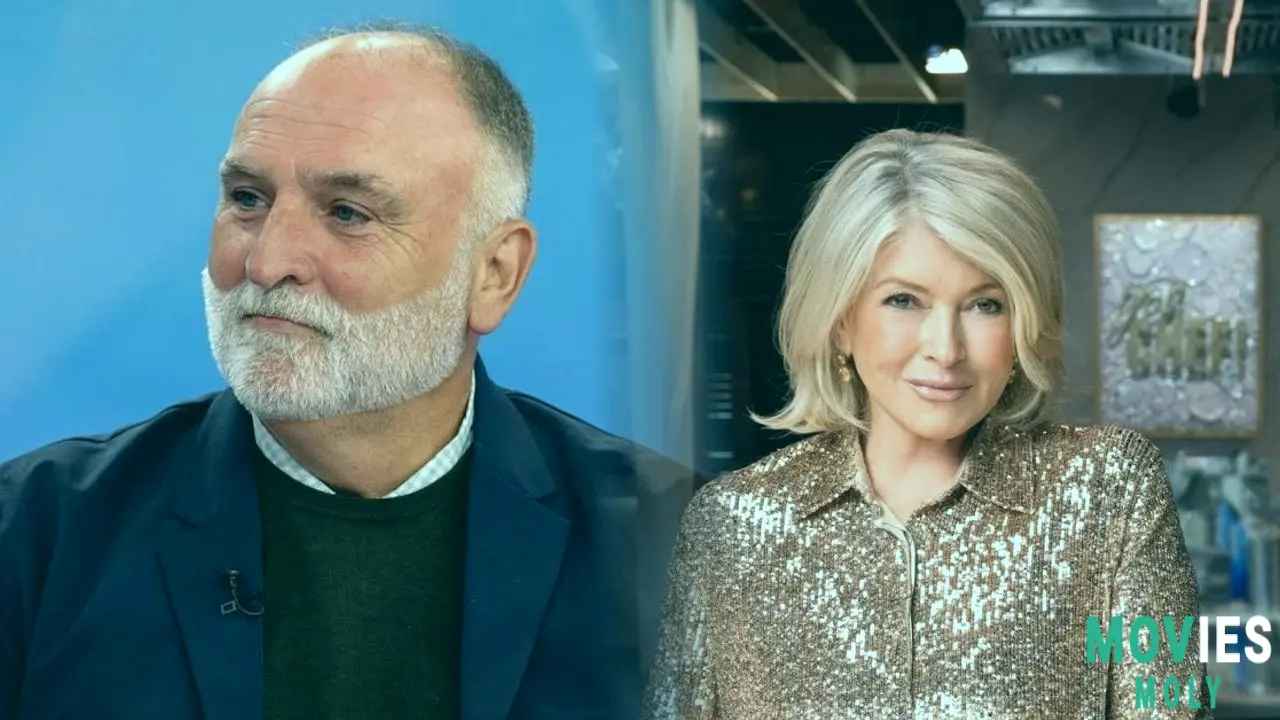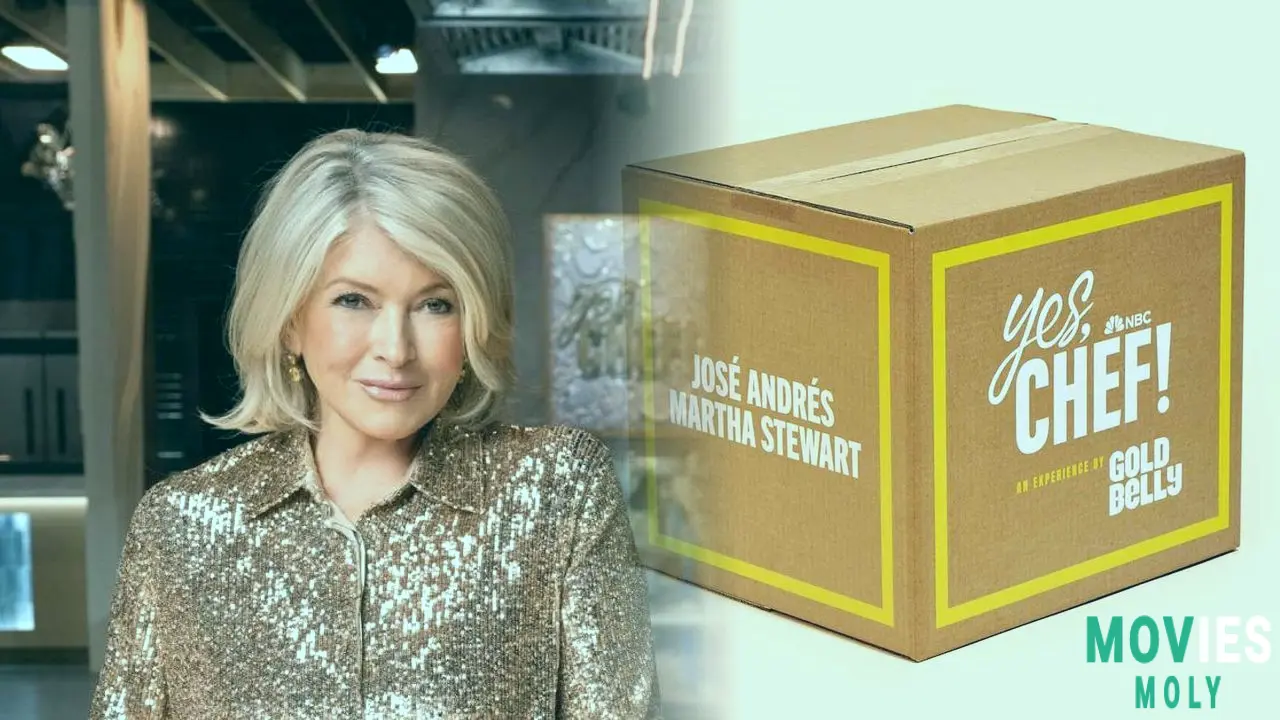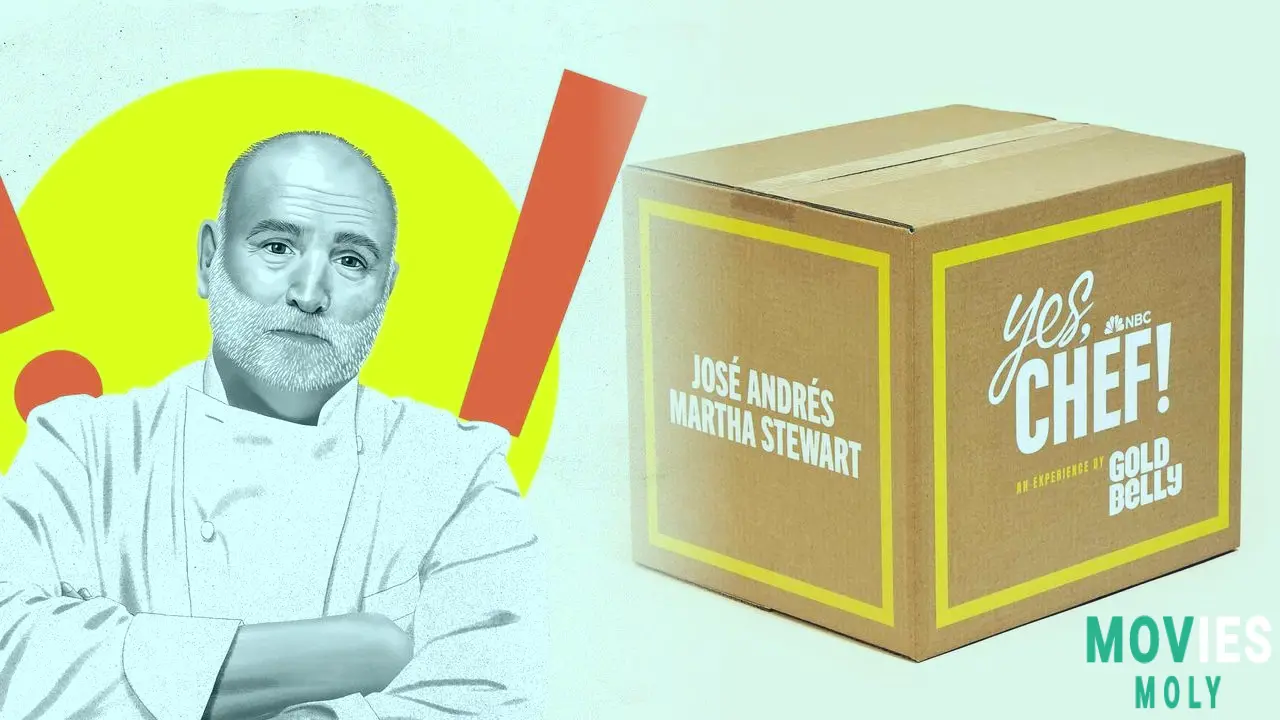If the world of superheroes had a civilian alter ego for grace under pressure, reinvention, and relentless mastery, Martha Stewart would be it. Now, at 83, the Emmy-winning lifestyle titan isn’t just reclaiming prime time—she’s leveling up in the most powerful way possible. With her new NBC cooking competition series Yes, Chef!, co-hosted alongside the legendary José Andrés, Stewart isn’t just judging dishes; she’s championing transformation.
More than a host: Martha Stewart’s role in ‘Yes, Chef!’ is nothing short of mentor-heroine materialOn the surface, Yes, Chef! might look like another addition to the crowded culinary competition genre. Twelve professional chefs, high-stakes challenges, a cash prize of $250,000. But this isn’t Top Chef redux. This time, the battleground is as much internal as it is culinary. Each contestant is grappling with a personal flaw—whether it’s explosiveness, perfectionism, or ego—that’s held them back in kitchens and careers. And watching Martha Stewart, alongside humanitarian and gastronome José Andrés, guide these chefs through fire—both literal and figurative—is a game-changer.
Stewart’s presence in the show is layered with resonance. She’s not just a judge; she’s a reflection of what growth looks like over decades. In a rare vulnerable moment, she admits to a contestant, “I have been known to be a perfectionist, and that kind of holds you back sometimes.” It’s a brief line, but one packed with emotional weight. For a woman who built an empire on meticulous detail, who has weathered public scrutiny and still emerged stronger, Martha’s acknowledgment of her own flaws adds a depth rarely seen in competition shows.
‘Yes, Chef!’ isn’t just about food—it’s about emotional intelligence in a pressure cooker

Chef Jake Lawler of Vintage Brewing in Madison, one of the 12 chefs competing, didn’t just come for the prize. He came for the intervention. Recognizing his own struggles with anger in the kitchen, Lawler says the show “felt like it was made for me.” But what he found in the heat of the competition was growth—real, messy, human growth. Forced into teams, under scrutiny not only for their dishes but for their emotional composure, the chefs learn to self-monitor, support each other, and communicate.
“We helped each other grow,” Lawler reflects. “We had conversations about what our problems were and how we were trying to deal with them.” This isn’t rehabilitation disguised as entertainment. This is evolution, broadcast in real time. And at the center of it all are Stewart and Andrés, not just critiquing, but coaching. Not just tasting, but watching—looking for progress, not perfection.
The dynamic duo of Stewart and Andrés turns culinary clashes into lessons in leadership

It’s easy to imagine a cooking show judge stuck in tradition, but Martha Stewart proves she’s as adaptable and sharp as ever. Partnering with José Andrés—a chef whose résumé includes not only Michelin stars but life-saving work through World Central Kitchen—she forms a pair that balances experience with empathy. Andrés, known for his daily rituals of movement, mindfulness, and moment-driven creativity, complements Stewart’s own legacy of precision and poise.
Together, they don’t just judge food; they judge character. Each episode features a Most Valuable Chef (MVC), awarded not only for culinary excellence but for emotional growth. It’s a brilliant twist—rewarding chefs for mastering their temper, for collaborating instead of competing, for letting go of ego in favor of team success. It’s a reflection of what real leadership looks like, especially in environments as traditionally toxic as professional kitchens.
Stewart’s journey from lifestyle mogul to cultural elder stateswoman is quietly heroic

What makes Martha Stewart’s role in Yes, Chef! so compelling is how it taps into her larger cultural arc. Here is a woman who has been a media empire, a brand, a pariah, and a phoenix. Who turned garden-variety homemaking into an art form and then into a multi-platform empire. Now, she’s not only back in the spotlight—she’s in a position that suits her perfectly: guide, guardian, and growth agent.
Her chemistry with Andrés—a man who connects by immersing himself in his environment, who calls being a chef “auditing with flavor”—only sharpens her impact. They are a team grounded in experience, but driven by evolution. Martha’s moment of sharing with a contestant, her steady eye in the chaos of the kitchen, her insistence that “that kind of behavior doesn’t make a great chef. It holds them back,” positions her not just as a host, but as a hero of emotional intelligence.
‘Yes, Chef!’ is Stewart’s latest legacy—proof that growth and greatness are timeless

Marvel fans love origin stories. DC aficionados live for redemption arcs. Martha Stewart’s place in the cultural pantheon has always been about consistent mastery, but with Yes, Chef!, we’re seeing an origin story of a different kind—one about emotional mastery, mentorship, and meaningful reinvention. At 83, Stewart isn’t resting on her legacy. She’s expanding it.
Whether she’s judging a sous-chef or sharing a quiet moment of honesty, Martha Stewart is showing us that the most powerful ingredient in any kitchen—or career—is the willingness to grow. She’s not just serving perfection anymore. She’s serving progress. And that, in a world obsessed with surface-level success, is nothing short of heroic.





